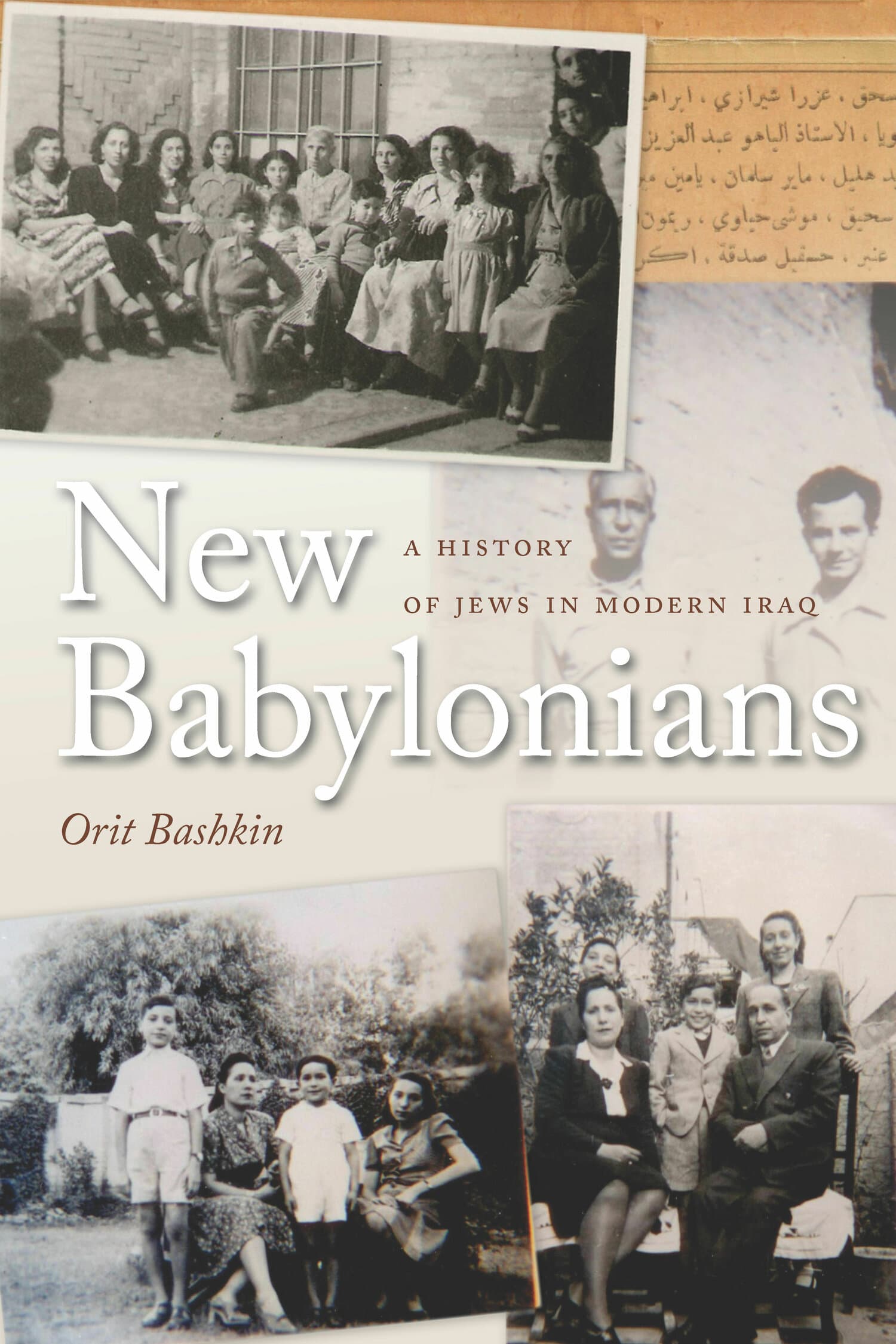Impossible Exodus
Award Winner
2018: Nikki Keddie Book Award
Co-Winner of the 2018 Nikki Keddie Book Award, sponsored by the Middle East Studies Association.

Between 1949 and 1951, 123,000 Iraqi Jews immigrated to the newly established Israeli state. Lacking the resources to absorb them all, the Israeli government resettled them in maabarot, or transit camps, relegating them to poverty. In the tents and shacks of the camps, their living conditions were squalid and unsanitary. Basic necessities like water were in short supply, when they were available at all. Rather than returning to a homeland as native sons, Iraqi Jews were newcomers in a foreign place.
Impossible Exodus tells the story of these Iraqi Jews' first decades in Israel. Faced with ill treatment and discrimination from state officials, Iraqi Jews resisted: they joined Israeli political parties, demonstrated in the streets, and fought for the education of their children, leading a civil rights struggle whose legacy continues to influence contemporary debates in Israel. Orit Bashkin sheds light on their everyday lives and their determination in a new country, uncovering their long, painful transformation from Iraqi to Israeli. In doing so, she shares the resilience and humanity of a community whose story has yet to be told.
"A marvelously clear-eyed and compassionate recovery of the experience of Iraqi Jews forced to seek a new life in Israeli transit camps. Orit Bashkin gives these people voice, agency, and sympathetic understanding in their complex struggles against discrimination and cultural loss."—Roger Owen, Harvard University
"What is distinctive about Bashkin's book on Iraqi Jews is the many stories she recovers that describe not only the difficulties encountered by immigrants but also the humiliations imposed by thoughtless and prejudiced officials put in charge of people whose culture they neither understood nor respected."—Donna Robinson Divine, Middle East Journal
"[Impossible Exodus] documents with great skill and in great detail the conflicts that followed the confrontation with a dominant Ashkenazi elite and its hegemonic grip on Israel's politics, culture, and economy. Bashkin has written a balanced, meticulously referenced, non-polemical, yet deeply critical account of structural and open racism in Israel."––Peter Wein, American Historical Review
"Bashkin's book offers a unique opportunity to learn more about the Iraqi-Jewish experience in both local and regional terms. As such, it opens new vistas on current debates and advances our understanding of historical phenomena of enduring relevance to Israeli discourse today."—Haim Saadoun, Israel Studies Review
"Impossible Exodus is a valuable addition to the growing literaturewhich has first raised awareness of the experiences of Jewish populations in the Arabic-speaking world in their home countries and within Israel."—Sarah Irving, Mashriq & Mahjar
"Impossible Exodus is an exceptional exposé of the sufferings of the Iraqi and Mizrahi Jews in Israel during the 1950s...[It] paves the way for a critical rethinking of ethnic, racial, and sectarian discrimination of Iraqi Jews as practiced by the Israeli state elites in the 1950s."—Övg Ülgen, Shofar
"Bashkin's evaluation of the complex identities and nomenclature of Iraqi Jews in Israel could serve as a model for scholars studying populations shaped by common loyalties, migrations, and responses to shifting political circumstances."—Liora R. Halperin, Journal of Interdisciplinary History
"Bashkin's project is humanistic at its core, weaving together both [Iraqis'] sufferings and their triumphs in fighting marginality and asserting their Mizrahiyut in a system that denied them a voice and recognition."—Yaël Mizrahi-Arnaud, The Tel Aviv Review of Books



